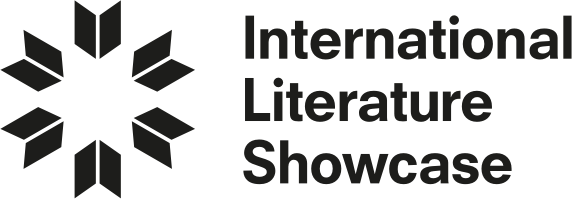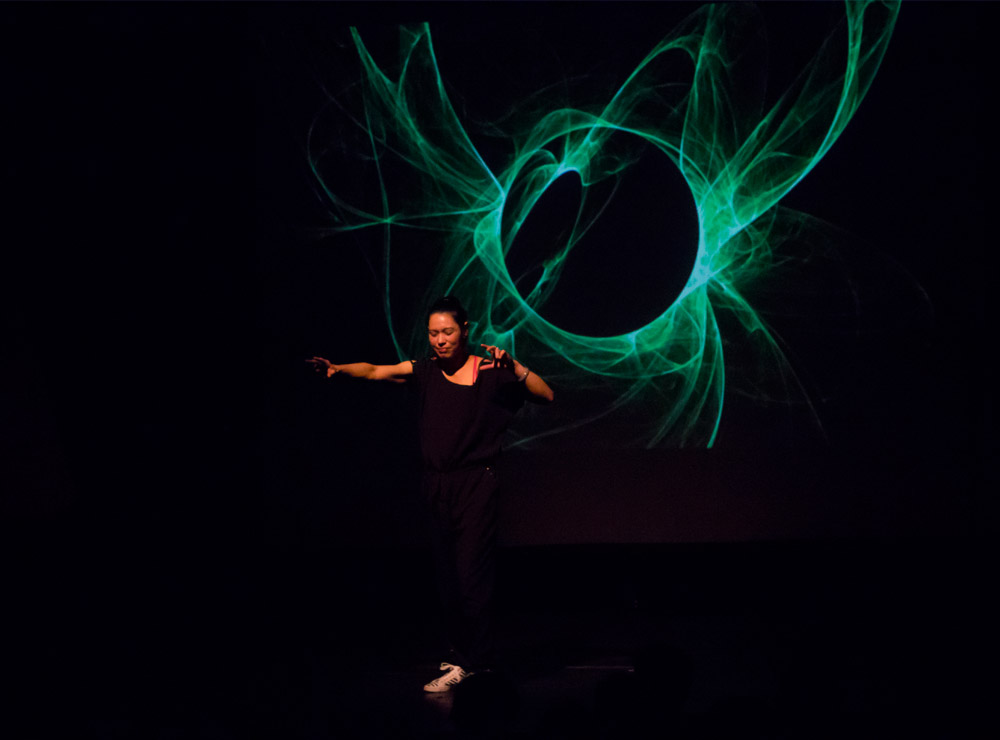At ILS Norwich in 2015, there was a panel discussion around digital literatures. Looking over my notes of it this morning, I’m struck that they are full of questions: What has the rise of the digital meant for literature as an artform? Is it possible to conceive of a ‘digital literature’? Is technology a tool, an environment, or a facsimile? Will technology shift the way we conceive of story, narrative, lyricism, meaning? What does digital allow a book to be? Does technology change both the reading and the writing? How do we develop digital literacy in audiences? Do we need to be idealistic about technology and online environments to ensure we shape them positively? What interesting work around the world is helping us chart our way through emergent technologies? What are the questions we should be asking ourselves about the work we do?
In fact, there is only one statement in the whole of my notes: if we look for a single answer to digital literatures we will fail. Pluralistic discussion is essential.
That’s the purpose of ILS Connections. We recognise that there are different questions and varied answers across the world, and that the only way to get close to understanding the scope of these is to invite those in the know from around the world to explore them with us.
Over the next month we’ll debate, discuss, explore, and reflect upon some of these questions.
From Melbourne, a UNESCO City of Literature, we’ve partnered with the Digital Writers’ Festival to pair UK and Australian artists together for discussion about technology and their practice. We’ll also share some of the other panel discussions from DWF.
We’ll visit Krakow, another UNESCO City of Literature, where projections have brought the words of poets from around the world to a building in the centre of the city.
Former ILS Delegate Tom Abba reflects on Ambient Literature, a project seeking to explore what happens when the place where you’re reading becomes the stage for the story? How can your location shape and alter the story you are hearing? What happens when data aspires to literary form? And for a fabulous provocation about literature and technology, check out This is Not a Book, a manifesto of sorts by Tom and Baldur Bjarnason.
‘Let’s talk about the stories we tell in digital—the new ones. The ones we weren’t telling before or have been transformed in digital to such an extent as to be unrecognisable. I’m talking about the stories that have changed your lives.’
We’ll be talking to Maaboret, a free space that curates, translates between Hebrew, Spanish and English, and shares short stories. And to Wattpad, the platform connecting writers to readers.
Elsewhere we’ll explore other ways in which literature steps off the page: in collaboration with other arts from stage and screen to the visual arts. When lifted from the page, what happens to literature – does it remain itself or become something else? How is literature affected by hybridity, and what can be made possible through a multi-disciplinary perspective in this way? What does collaboration mean for writers who are used to working alone and with full artistic control? Jenn Ashworth explores some of these questions and more, as she looks at the challenges and creative opportunities of collaboration between writers and other artists.
That’s just the start. What else is exciting, innovating, transforming the way you think about literatures beyond the page? Who is doing work or thinking thoughts that we should pay attention to? Most of all, we want to hear from Delegates around the world about to shape all that ILS is and can be. It’s a global conversation; we recognise that these questions don’t just have an Anglophone dimension. We look forward to hearing your thoughts.
About Sam Ruddock
 As programme manager at Writers' Centre Norwich Sam has at various times managed the International Literature Showcase, Brave New Reads, Norfolk and Norwich Festival, National Conversation and education programmes. He is also Founder of We Are Readers, a qualified Coach, an editor and Board Member for independent publisher Gatehouse Press, and a Clore Leadership and RSA Fellow.
As programme manager at Writers' Centre Norwich Sam has at various times managed the International Literature Showcase, Brave New Reads, Norfolk and Norwich Festival, National Conversation and education programmes. He is also Founder of We Are Readers, a qualified Coach, an editor and Board Member for independent publisher Gatehouse Press, and a Clore Leadership and RSA Fellow.







 As programme manager at Writers' Centre Norwich Sam has at various times managed the International Literature Showcase, Brave New Reads, Norfolk and Norwich Festival, National Conversation and education programmes. He is also Founder of We Are Readers, a qualified Coach, an editor and Board Member for independent publisher Gatehouse Press, and a Clore Leadership and RSA Fellow.
As programme manager at Writers' Centre Norwich Sam has at various times managed the International Literature Showcase, Brave New Reads, Norfolk and Norwich Festival, National Conversation and education programmes. He is also Founder of We Are Readers, a qualified Coach, an editor and Board Member for independent publisher Gatehouse Press, and a Clore Leadership and RSA Fellow.